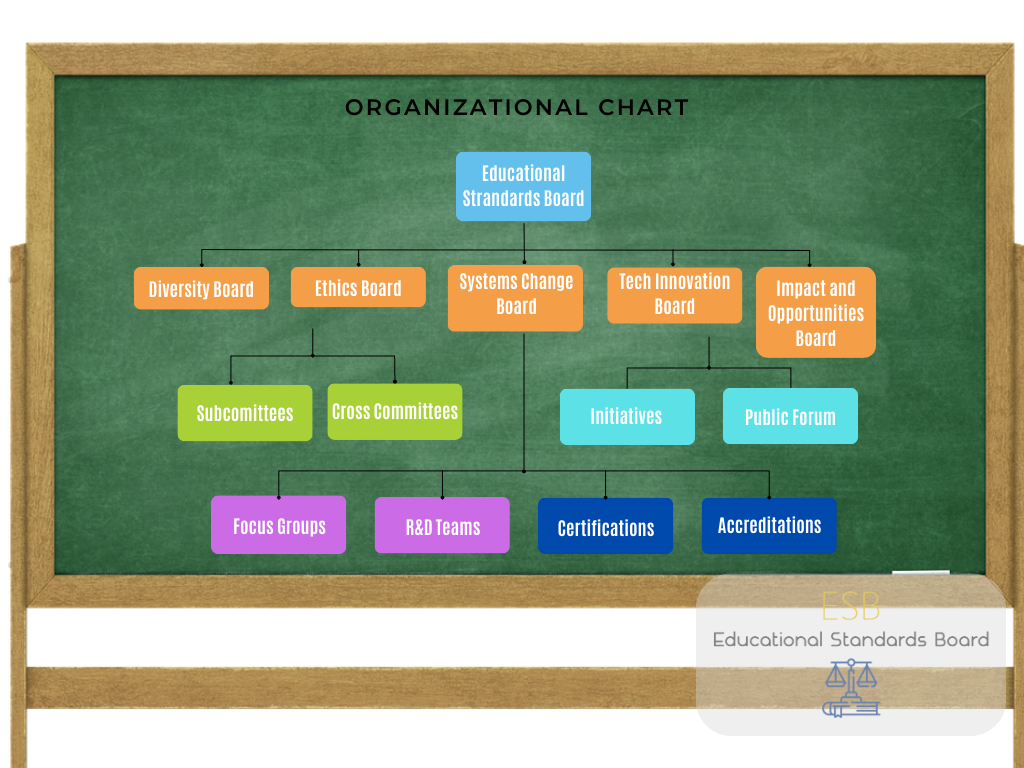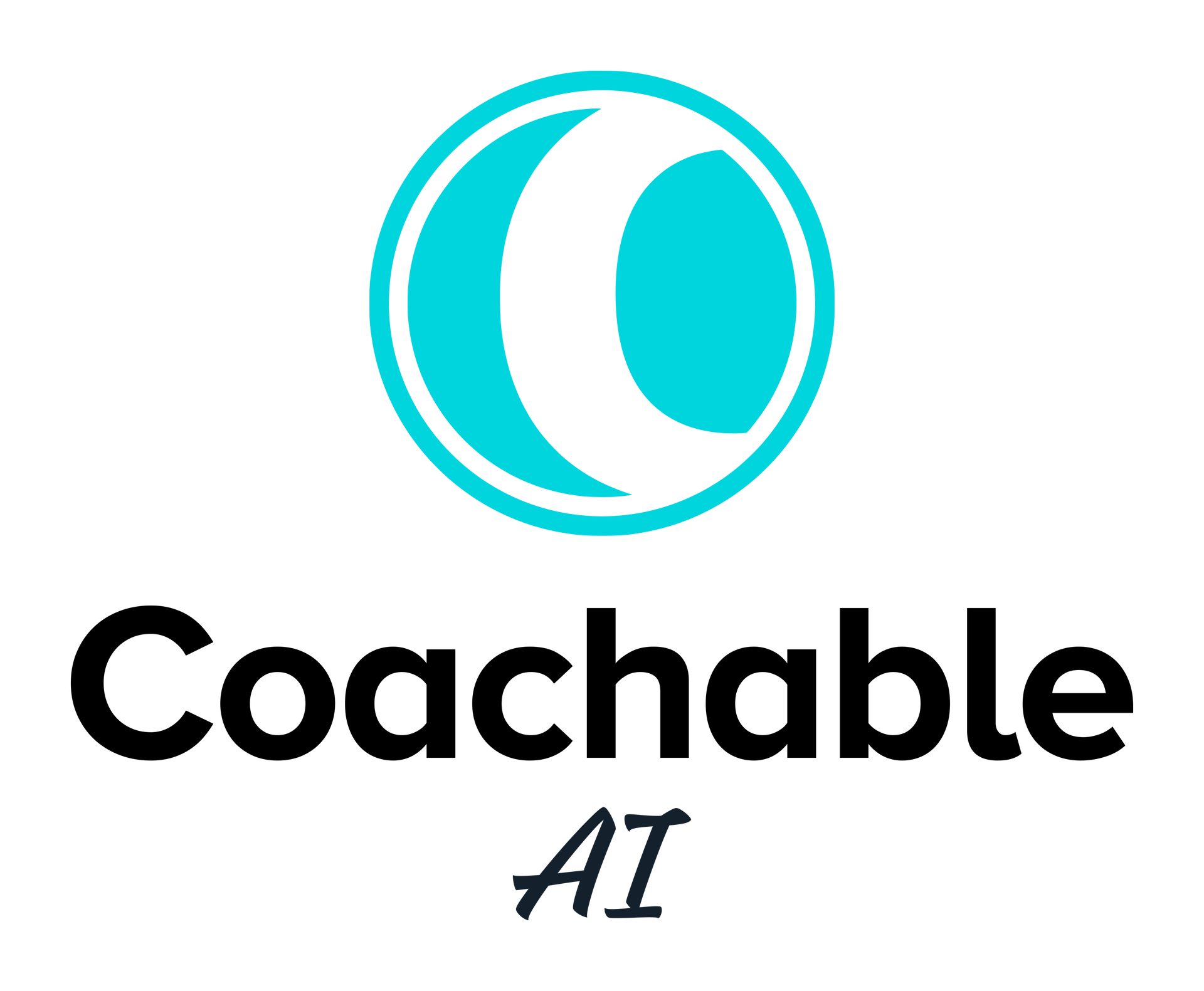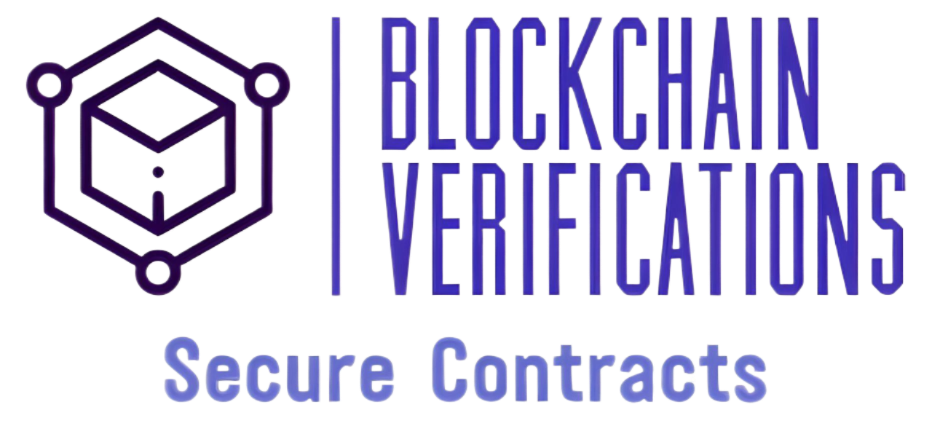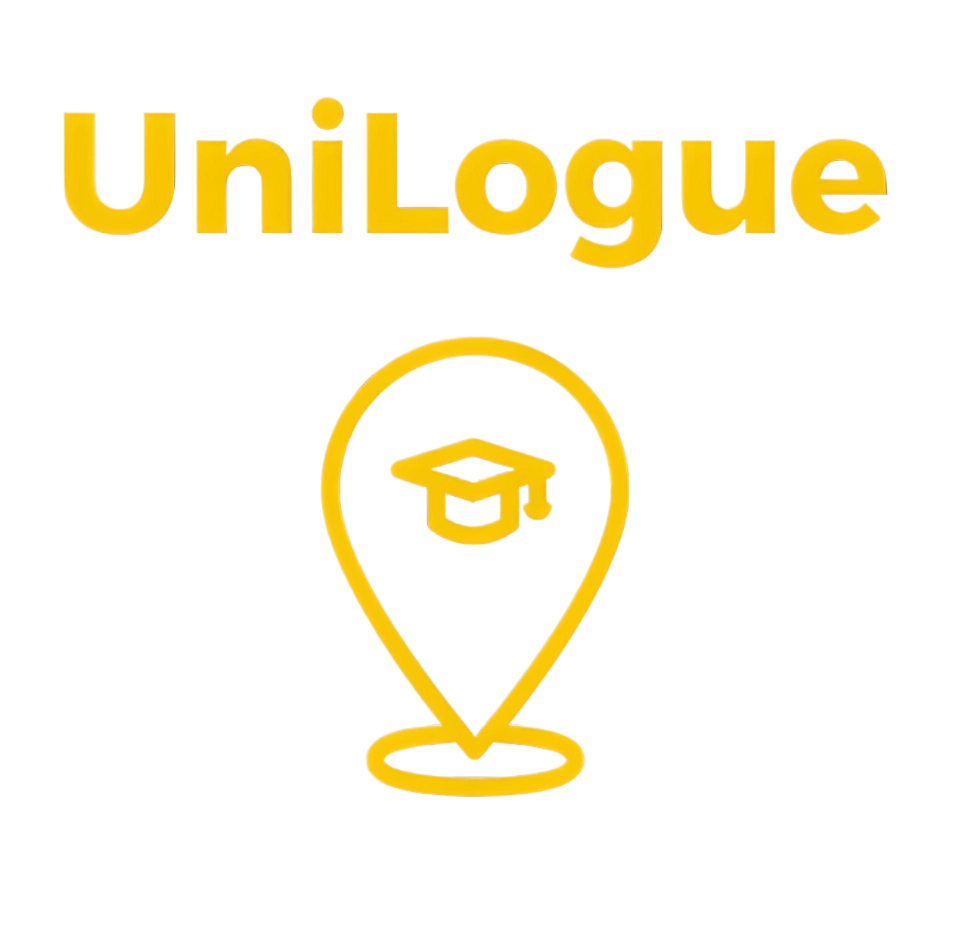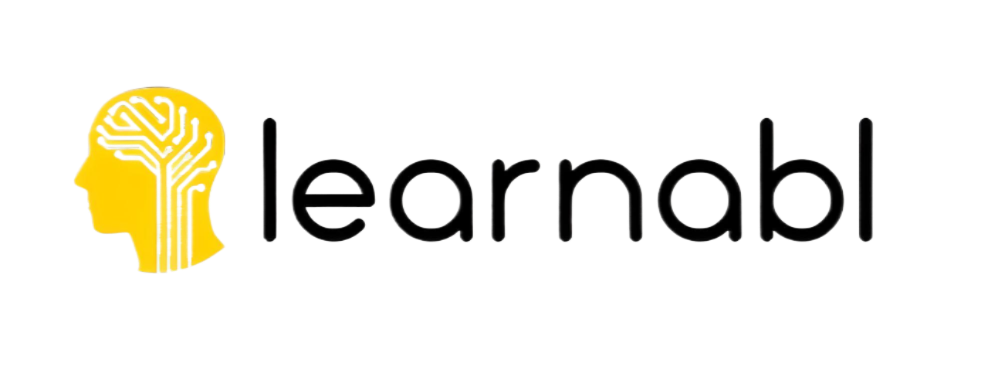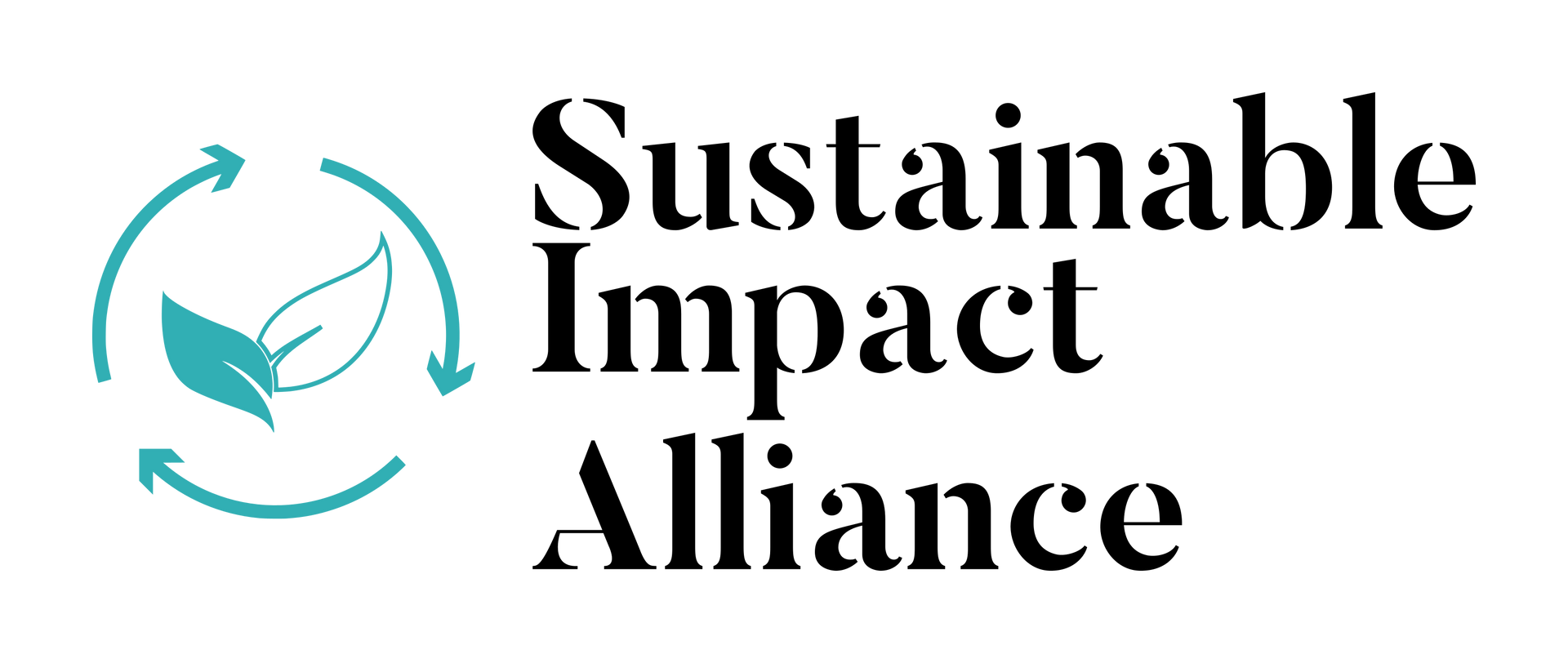Impact in Education
The Educational Standards Board (ESB) is an educational governance body that performs and oversees multi-tiered research, systems development, and informational exchange management, in order to develop and ensure transparent, ethical, and progressive educational environments, systems, and advancement processes.
Protecting Education.
Making Learning Equitable for All.
Tech. Adaptation. Innovation. Receptivity. Objective Subjectivity
Decentralized Learning Blockchain - Transcending Bias
The Open World Library.
We are creating the first crypto-secured open-source knowledge distribution system for educational standards and information tracking, a transparent network database tracking mechanism for ethical scholarly tracking and tracking of general educational information, opening educational access, standards tracking, and inclusivity mechanisms for diverse voices, critics, and an objective subjective approach to informational access for unbiased educational development.
Open Access, Open Input
Our educational standards tracking measures, reports, and open knowledge bases are available to the public for free.
We also encourage public interaction and discourse through our public discourse portal, which allows anyone to oversee and engage with our processes to help improve our systems and education at large.
Experts - Boards, Committees, Teachers, R&D, Research
Facilitating knowledge from experts of diverse and reliable backgrounds through reliable information classification standards, peer review, and advanced systems integration implementations.
Our boards and research teams are led by experts, and our processes are thoroughly documented in order to ensure optimal measures for progress tracking.
Agile Approach - Adaptive Systems Review and Innovation
We leverage an agile mindset in our systems and processes in order to maximize adaptability toward our ethos of lifelong progress, allowing us to rapidly implement, anticipate, and develop new innovations as the technological educational landscape changes with progress.
1 Analysis
By understanding the current educational landscape through multiple lenses and from diverse perspectives, we can understand the strengths, weaknesses, and gaps of the current learning paradigm at every level.
2 Reflection
Through open conversation across a wide spread, diverse network of experts, learners, and the general populous affected by knowledge diffusion, we are able to better understand the current educational landscape, in relation to the needs, wants, and expectations of those affected by it.
3 Impact
By embracing collaboration, data sharing and analysis, and creating value across all social and industrial sectors, we are able to utilize synergy and mass accumulation to make real world impact on a systemic level, synchronizing action and post-action through direct and ancillary channels of knowledge transfer and impact.

